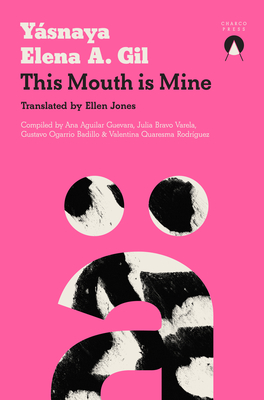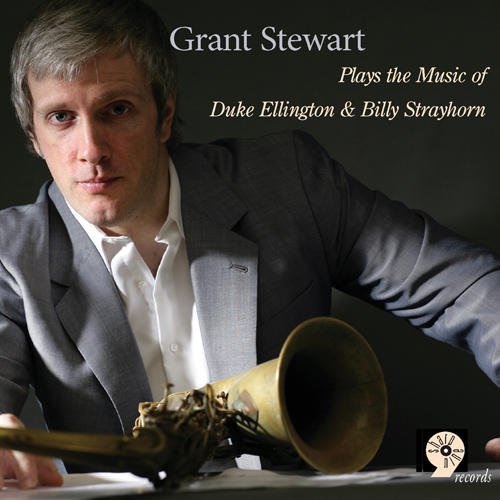
Despite the more than 200 Indigenous languages spoken in Mexico, including 63 that are officially recognized and celebrated by the Mexican government, linguistic diversity is and has been under attack in a larger culture that says bilingual is good when it means Spanish and English, but bad when it means Nahuatl and Spanish. Yásnaya Aguilar, a linguist and native Mixe speaker, asks what is lost, for everyone, when the contradictions inherent in Mexico's relationship with its many Indigenous languages mean official protection and actual contempt at worst, and ignorance at best. What does it mean to have a prize for Indigenous literature when different Indigenous languages are as far from each other as they are from Japanese? What impact does considering Tzotzil "cultural heritage" have on our idea of it, when it is still being used, and refreshed, and changed (like every other language) today? How does the idea of Indigeneity stand up, when you consider Indigenous peoples outside of the frame of colonialism?Personal, anecdotal, and full of vivid examples, Aguilar does more than advocate for the importance of resistance by native peoples: she offers everyone the opportunity to value and enjoy a world in which culture, language, and community is delighted in, not flattened. "We have sacrificed Mexico in favor of creating the idea of Mexico" she says. This Mouth Is Mine is an invitation to take it back.







